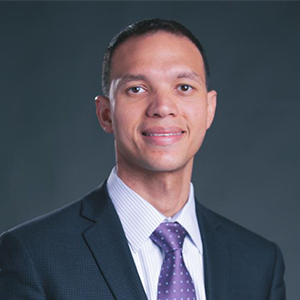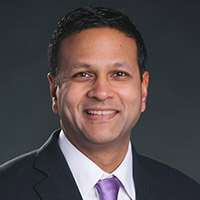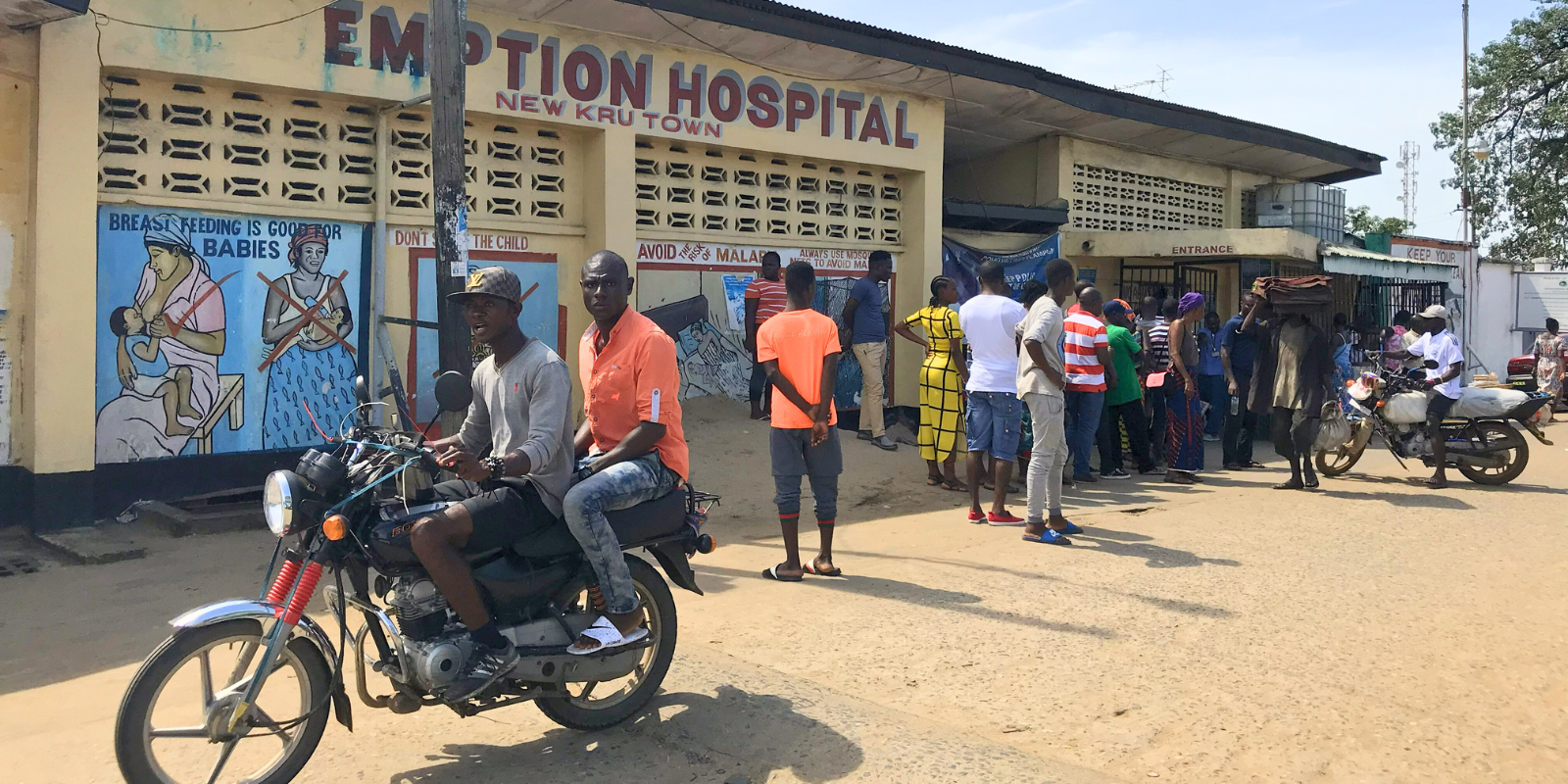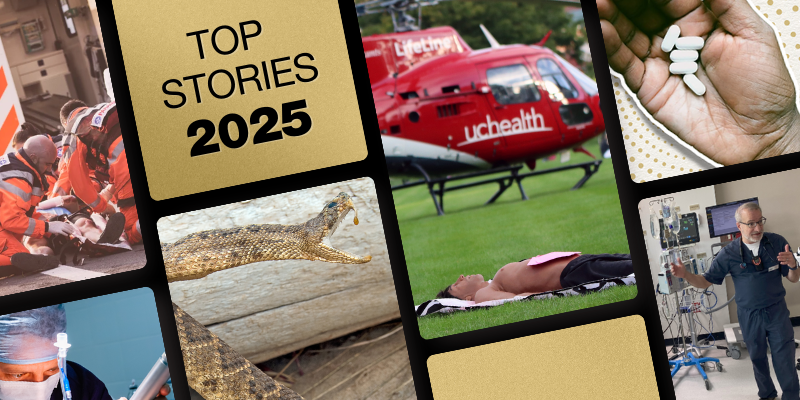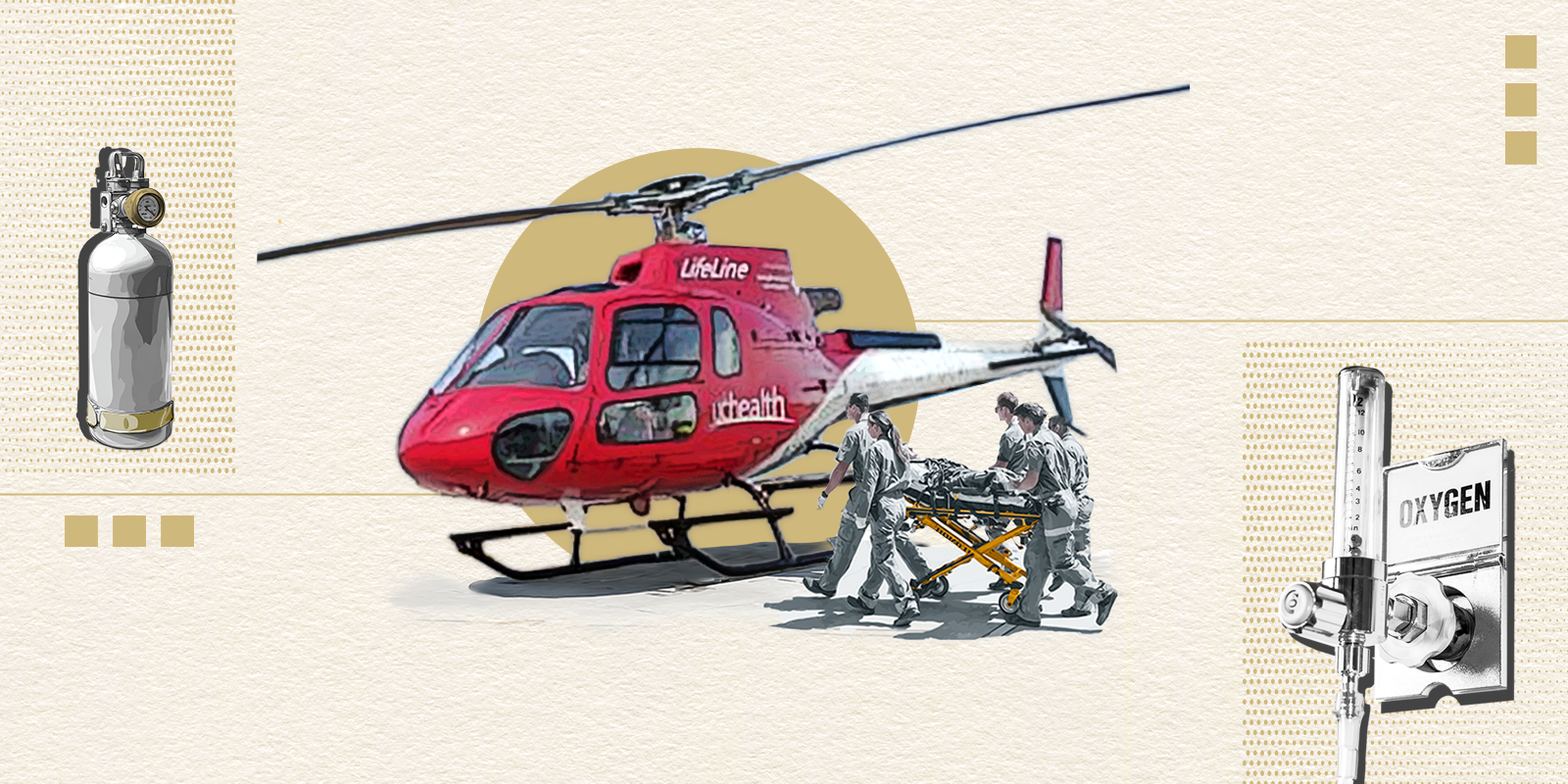Last month, the Cape-Colorado-Combat (C3) Global Trauma Network received two research grants totaling $4.7 million from the United States Department of Defense (DoD). One study will assess how timing of wound care and antibiotics impact infectious complications and multi-organ failure in patients with high-risk injuries. The second will assess timing of critical interventions in patients with life-threatening bleeding from trauma, known as hemorrhagic shock. Both four-year projects will build on the C3 Network’s decade-long experience in collaboratively studying injured patients in the Western Cape province of South Africa.
“The goal with these two projects is to provide added evidence-based guidance for health care professionals on how to treat injured patients from the beginning of care to the end,” says Nee-Kofi Mould-Millman, MD, PhD, principal investigator for the C3 Network and associate professor of emergency medicine in the University of Colorado School of Medicine.
“We aren’t waiting for final results to provide guidance. As an ethical imperative, we provide metrics in real time to help strengthen the South African health system in parallel to conducting the research.”
Through their research, the team is hoping to provide guidance for resource-limited trauma care, including military battlefields. Mould-Millman also highlights the significance that local evidence could have on trauma care for South African residents.
South Africa’s high-density urban areas, gang warfare, and violence contribute to the exceptionally high incidence of trauma and the high death rates. Fifty percent of patients in C3 Network studies suffer from penetrating trauma, such as gunshot wounds and stab wounds, making it a primary location for C3’s research due to the urgency of care.
In addition, “We aren’t waiting for final results to provide guidance,” he says. “As an ethical imperative, we provide metrics in real time to help strengthen the South African health system in parallel to conducting the research.”
The next level of trauma care research
For more than a decade, Mould-Millman has developed a network of collaborators in South Africa and in other sub-Saharan African countries, but the Western Cape has been a consistent site for conducting trauma research through clinical trial design, implementation science, and patient-level outcome research.
The C3 Network collaborates with ministries of health, emergency medical service agencies, universities, and health institutions in the Western Cape with active funding from DoD, and prior funds from the NIH and foundations.
The two new grants will build on existing research the C3 Network has conducted, with the goal of decreasing mortality for critically injured patients.
“We want to study whether the timing and administration of both blood products and tranexamic acid (TXA) could minimize rates of organ failure and save more lives,” Mould-Millman says. “In our previous research, we have evidence that it benefits survival, but we need more research to help us detail how exact combinations of TXA and blood will help a patient’s survival rate.”
Blood is a precious commodity for trauma patients in low-resource and military settings, making the guidance and data a universal necessity.
The C3 Network’s second study will follow patients from the time of injury until they’re discharged from the hospital. They’ll study wound care, administration of antibiotics, and surgical debridement, on rates of infectious complications post-injury.
“In this population we can look, in detail, at exact dosing of antibiotics for patients with complex penetrating injuries” says Julia Dixon, MD, MPH, co-investigator for the C3 Network and assistant professor of emergency medicine. “It’s important to look at the patient’s total course of care post-trauma, and identify factors associated with infections and antibiotic resistance.”
The need for such data has been magnified in the current Russia-Ukraine conflict with high rates of infectious complications resulting from traumatic wounds.
Military implications
South Africa’s tiered system of care can cause delays as long as 24-48 hours before a patient receives definitive care, which is similar to challenges the military experiences with prolonged care of combatants requiring transportation from the battlefield to the next level of care. Delays in care represent a major concern for the future battlefield in which rapid evacuation may not be feasible.
With antibiotics and blood as a limited resource in military settings, findings from both studies will be directly applied to battlefield care.
“For the future battlefield, we want military personnel to have guidance on the administration of blood and/or TXA for trauma patients,” Mould-Millman says. “Acknowledging their limited resources, we want to help them consolidate how much they need to carry and provide evidence on what interventions are most critical in the early phases of care.”
The studies were developed with support of the CU Center for Combat Medicine and Battlefield (COMBAT) Research, founded and led by Vik Bebarta, MD, professor of emergency medicine.
“Dr. Mould-Millman is a world expert whom we are fortunate to have in our department and on our campus," Bebarta says. "He is improving care in South Africa, informing U.S. policy and planning for military combat casualty care, changing civilian prehospital trauma care guidelines, and building an archetype for military-civilian research collaboration and a strong framework for prehospital trauma trials.“
“COMBAT plays an instrumental role in marrying our expertise with the DoD’s needs and funding opportunities,” Mould-Millman says. “Together, we look forward to translating our findings to solutions for the U.S. military, solutions for our partners in South Africa, and worldwide.”

